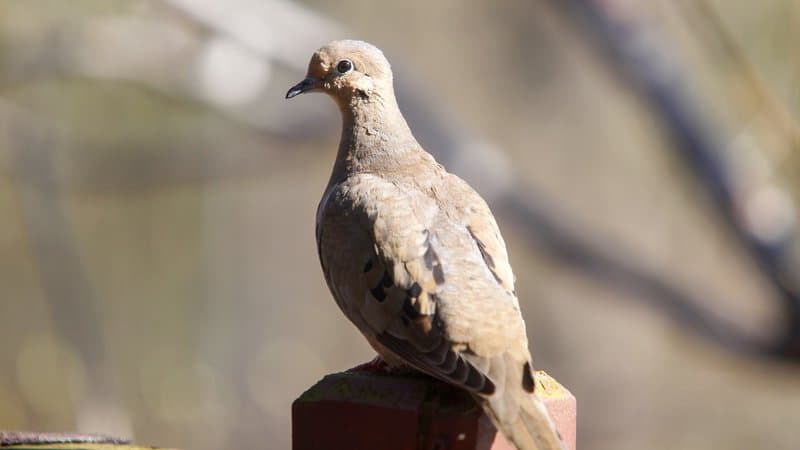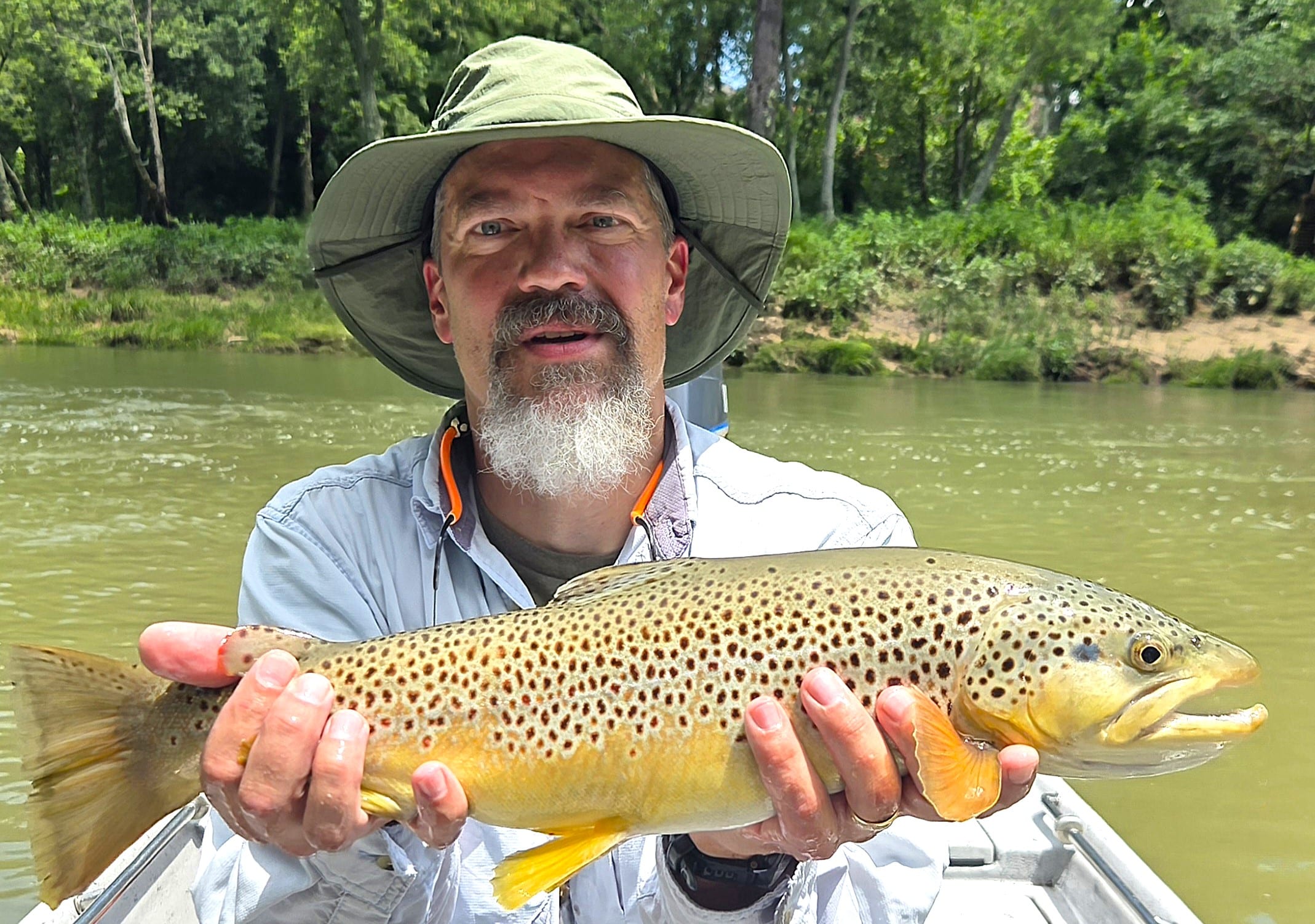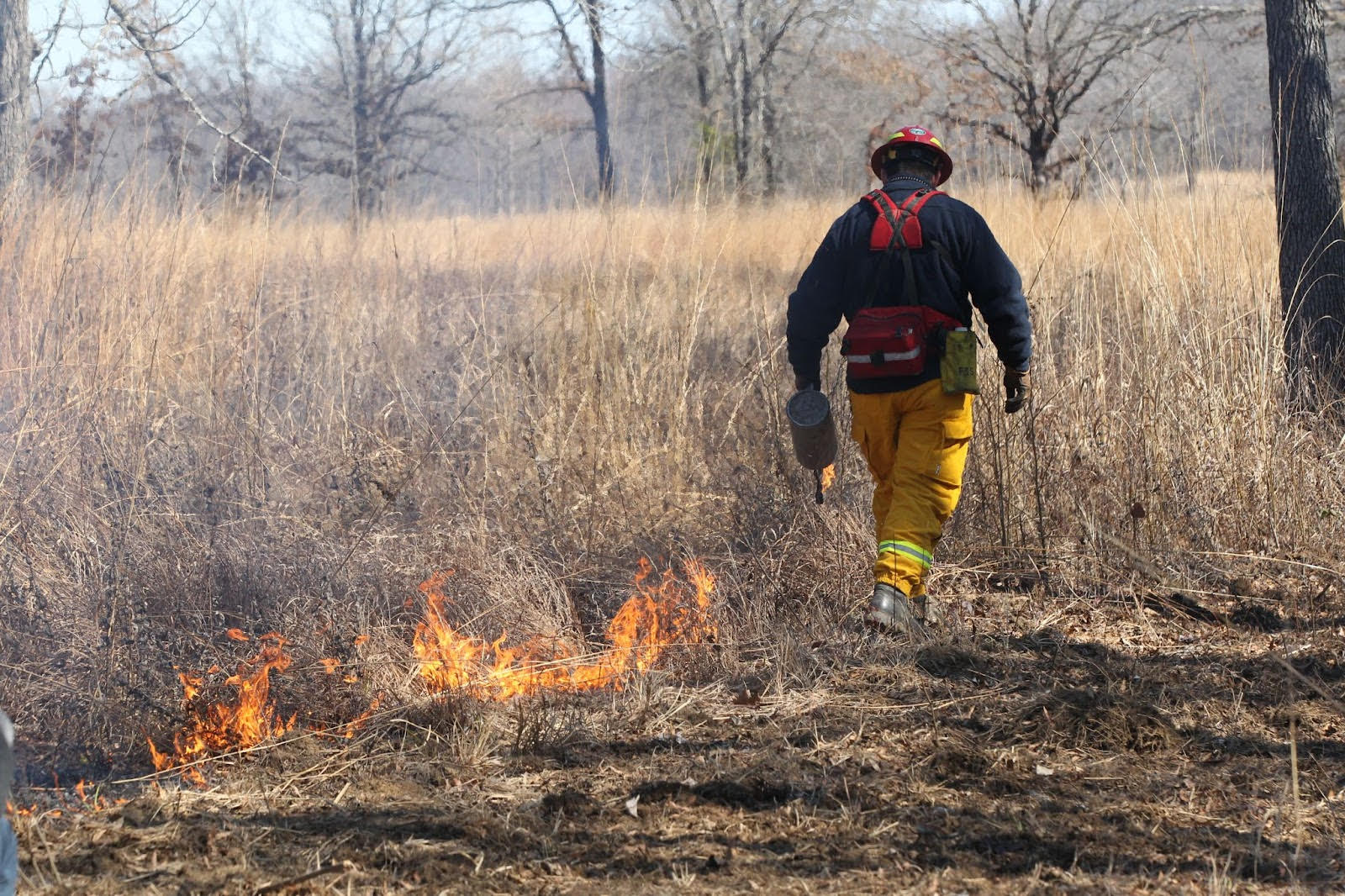Check dove fields for bait before hunting
ON 08-25-2021

Aug. 25, 2021
Randy Zellers
Assistant Chief of Communications
LITTLE ROCK – Dove season opens September 4, and many hunters will gather at a field of a friend or family member to enjoy the kickoff to hunting season. Others will be paying to hunt a prepared field they found through social media postings or the corkboard at the local feed supply store. Regardless of the destination, now’s the time for a little extra legwork to make sure your hunting year doesn’t begin with a blunder. Be sure to check the field you plan to hunt now to ensure baiting has not taken place.
According to federal regulations migratory game birds may not be hunted or killed with the aid of bait. Bait is defined as salt, grain or other feed that has been placed, exposed, deposited, distributed or scattered to attract game. An area is considered baited for 10 days after the complete removal of all bait, so it’s important to ask landowners, guides and caretakers if the field was baited and physically inspect the field before hunting.
Natural vegetation may be manipulated in any way to attract all migratory game birds, but planted crops are a different ballgame. Waterfowl hunters will notice that some practices which are not allowed when preparing fields for duck and goose hunting are commonplace with the traditional dove field. Growing a crop of sunflowers and then mowing or hogging those plants down just before the season is one of the best ways to attract doves to a hunting area, but manipulation of any grown crop is strictly illegal for waterfowl.
The difference in baiting laws usually does not cause too much concern, as any seeds exposed for the dove opener are either eaten or sprouted by regular duck season, but the early teal season and early Canada goose season can tempt hunters with targets of opportunity, especially if a heavy rain puts some standing water over the seeds left in the field. Hunting dove is still legal, but hunting waterfowl there is not.
Another area where hunters may run into trouble is in the ammunition they use. Dove hunting is legal with lead shot on private land and AGFC-managed wildlife management areas, but all waterfowl hunting, including early teal and early Canada Goose hunting, must be done with non-toxic shot. Hunters must remove all lead shot from their person before going waterfowl hunting, this includes their backpack and game vests that may play double-duty during the early waterfowl seasons.
Waterfowl hunters also should make sure to purchase their hunting license, state duck stamp and federal migratory bird stamps before going to the field; dove hunters do not need the extra stamps. One thing early waterfowl and dove seasons share, however, is the requirement to register with the Harvest Information Program before hunting. This registration is free and takes only a few minutes via the AGFC’s smartphone app, online licensing system or via phone at 800-364-4263 (GAME). HIP registration is critical to continued management of migratory game birds and is also used in many federal-level decisions, including federal refuge land acquisitions.
Visit www.agfc.com/dove for more information on dove hunting in Arkansas and to find a list of public dove fields being prepared for opening weekend.
Recent News

Arkansas Wildlife Weekly Fishing Report
Jul. 3, 2025
Subscribe to Our Weekly Newsletter E-mails
Don’t miss another issue. Sign up now to receive the AGFC Wildlife Weekly Newsletter in your mailbox every Wednesday afternoon (Waterfowl Reports are published weekly during waterfowl season and periodically outside the season). Fishing Reports arrive on Thursdays. Fill in the following fields and hit submit. Thanks, and welcome!

